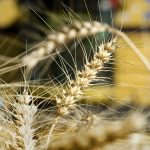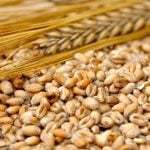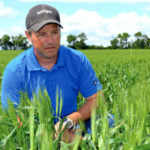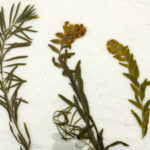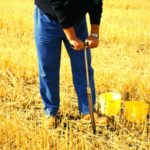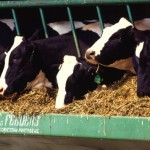Figuring out what to use in a cover crop blend can be an intimidating process. What species to use? What seeding rate? When should they be seeded? All would influence how the blend would look, work, and the success of it. There is some science involved, but making it work is as much art as […] Read more
